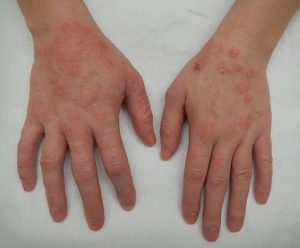
By Kayla Nguyen; Farnsley Middle School (Louisville, KY)
My mom first noticed my eczema when I was about 6 years old. She noticed I kept scratching my inner elbow and how dry it was. She told my Dad, and he took me to the doctor. There, the doctor diagnosed me with atopic dermatitis.
According to the Mayo Clinic, “Atopic dermatitis is a condition that makes your skin red and itchy.” The more common name for atopic dermatitis is eczema.
Dermatitis, as stated by Wikipedia, “…is a group of diseases that results in inflammation of the skin.”
According to Sharecare, a health and wellness engagement platform, about 10% to 20% percent of children and about 3% of adults are diagnosed with eczema in the US. Your family doctor can diagnose eczema.
People with atopic dermatitis tend to develop the condition before the age of five and about half grow out of the symptoms as they get older.
Some symptoms of eczema are itch; redness; pain; inflammation; rash; and dry, scaly skin. According to the National Eczema Association (NEA), “Eczema flares are frequently triggered by the itch-scratch cycle.” The “itch-scratch cycle” is when itching leads to scratching, which ends in the release of inflammatory mediators—molecules that are released by immune cells during times when harmful agents invade our body—and therefore leading to the growth of eczema and more dry skin.
Of these symptoms I experienced itchiness; dry, scaly skin; and redness.
According to WebMD, a health and medical news site, atopic dermatitis is the most common and the most severe type of eczema. Causes of eczema are unknown, although there are many contributing factors, such as the environment you live in or your genetics. Most people who have atopic dermatitis have a personal or family history with allergies such as hay fever (allergic rhinitis) or asthma.
My grandfather had asthma so that may have been a contributing factor to my eczema. I have neither asthma or allergies.
Since a lot of people with eczema also suffer from allergies, your doctor may refer you to allergy tests to see possible irritants or triggers. Since I did not have allergies, this is not what happened to me.
Some environmental factors that could contribute to having eczema, according to the Hospital Corporation of America, are skin irritants such as, wool or synthetic clothing; soaps or detergents; cosmetics or perfumes; dust/sand; chemical solvents; and chlorine. Some other environmental factors could be extremes in temperature/climate or lack of moisturizing after a bath.
According to the Mayo Clinic, eczema is a chronic condition and because of that, there is no permanent cure. Although there are no permanents cures, there are treatments to help the symptoms of eczema.
In an email to SciJourner, Robert Sidbury, Professor in the Department of Pediatrics at the University of Washington School of Medicine, said that the best treatments depend on the severity. According to Sidbury, “A foundational treatment for all eczema is simply moisturizing the skin.”
Moisturizing the skin helps keep the water in and keeps allergens and infectious agents (something that infiltrates another living thing) such as, staph bacteria and herpes complex out. Staph bacteria is related to eczema because it is commonly found on the skin. Herpes complex is related to eczema because people who have it can go through periods of attacks(outbreaks).
Although moisturizing the skin is helpful for most eczema diagnosed patients, it may not be enough for all. I moisturize and it seems to help plenty. Patients with a more moderate type of eczema may use anti-inflammatory agents, like topical steroids, topical calcineurin inhibitors, or the more current topical phosphodiesterase.
Sidbury stated, “Topical therapy (e.g. creams, ointments, lotions, oils) are not sufficient for the more severe end of the eczema spectrum.” For these patients, systemic (oral, injectable, phototherapy, etc.) treatment is required.
According to the NEA, the most commonly prescribed medication for all types of eczema is topical corticosteroids, or just “steroids.” Some side effects from using steroids are: skin thinning, stretch marks, easy bruising/tearing, and enlarged blood vessels. Although I use a topical steroid ointment, I have yet to experience any of these side effects.
Now, my eczema is better. Although my skin is still sensitive, it is clear and smooth, unlike when I was younger. I continue to use my prescribed medicine whenever I get eczema flare-ups, but that has not been the case for a while.

This work is licensed under a Creative Commons Attribution-NonCommercial-NoDerivs 3.0 Unported License.


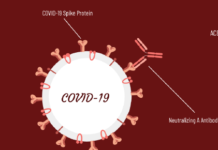
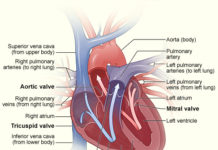
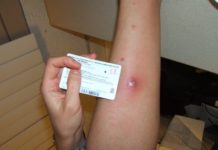
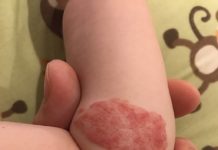
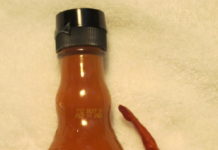
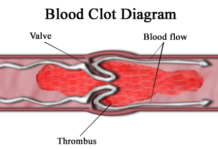






VERY GOOD ARTICLE!!!GOOD JOB!!!
It was a very nice and detailed article. Absolutely amazing!